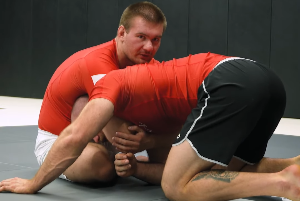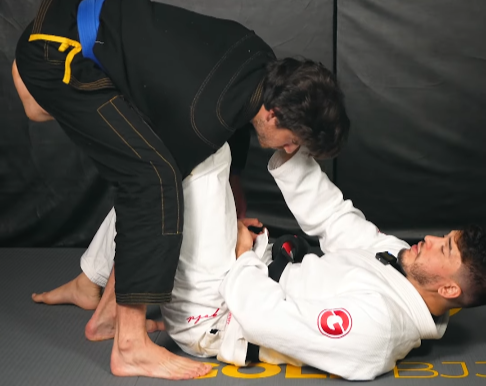Achieving a black belt in any martial art is a significant accomplishment that deserves respect, regardless of the time it took to achieve or the specific discipline.
This guide aims to provide insight into the average time it takes to earn a black belt in various martial arts, without comparing the arts themselves. Each martial art has its unique value and advantages.
The Significance of Black Belts
Black belts represent more than just technical proficiency. They symbolize:
- Dedication to the art
- Discipline in training
- Mastery of fundamental techniques
- Understanding of the art's philosophy
It's important to note that the journey to a black belt varies greatly depending on the individual, the instructor, and the specific school or style.
Comparative Time to Black Belt
Here's an overview of the average time it takes to achieve a black belt in various martial arts:
Brazilian Jiu-Jitsu (BJJ): 10 years
-
Key Points:
- Known for being one of the hardest black belts to achieve
- Even a blue belt (first colored belt) can take 2-5 years
- Promotions don't always correlate directly with skill or knowledge
Tae Kwon Do: 3 to 5 years
-
Key Points:
- Some schools have a minimum of 4 to 5 years
- Students must pass a test, which they can fail
- Instructors usually know when a student is ready to test
Judo: 3 to 6 years
-
Key Points:
- Consistent training can significantly reduce this time
- First dan (degree) black belt is considered just the beginning
- Requires development of "tokui waza" (match-winning throws)
Aikido: 4 to 5 years
-
Key Points:
- Depends on diligence and commitment to practice
- Mindset is as important as technical skill
- Some practitioners achieve it faster with prior martial arts experience
Karate: 5 years
-
Key Points:
- Guidelines vary by school
- Adult students training twice weekly can expect this timeframe
- Some achieve it in 2-3 years, but this is often discouraged
Factors Influencing Black Belt Achievement
- Dedication: Consistent training accelerates progress
- School Standards: Requirements vary between institutions
- Instructor's Philosophy: Some value competition success, others prioritize mat time
- Individual Aptitude: Natural ability can impact learning speed
- Prior Experience: Background in other martial arts may expedite progress
Martial Arts with Black Belt Systems
Many martial arts use the black belt ranking system, including:
- Karate
- Taekwondo
- Judo
- Brazilian Jiu-Jitsu
- Aikido
- Jujutsu (Japanese)
- Hapkido
- Tang Soo Do
- Certain styles of Kung Fu
Black Belts in MMA
Mixed Martial Arts (MMA) doesn't have a specific black belt system. MMA fighters often hold black belts in individual disciplines like Brazilian Jiu-Jitsu or Karate, but there's no standardized MMA ranking system.
Final Thoughts
- Legitimacy: Reputable schools award belts based on skill and merit, not just time or money.
- Effort Matters: Mat time and dedication are more crucial than years trained.
- Individual Journey: These timeframes are averages; individual experiences may vary.
- Beyond the Belt: In many arts, achieving a black belt is just the beginning of deeper learning.
- Not Universal: Some effective martial arts, like Muay Thai, don't use a belt system at all.
Remember, a black belt is ultimately just a symbol. The true measure of a martial artist lies in their skill, knowledge, and embodiment of their art's principles.



